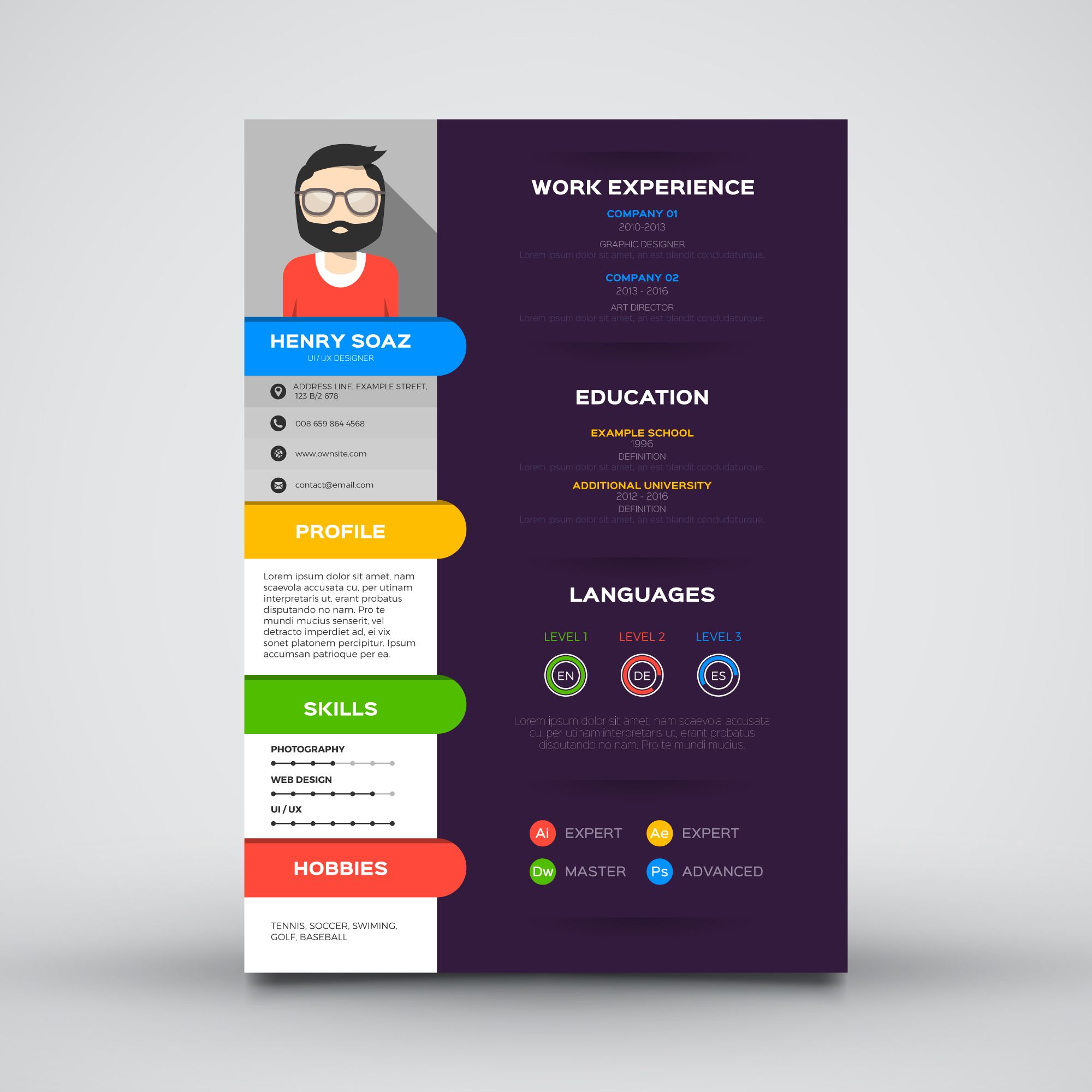
Common Mistakes Engineering Students Do
- Konversations Pro Team
- March 06, 2018
- 0 Comments
- 0 Likes
- 2110 Views

The kind of exposure that online educational resources offer is mind-boggling. Just think of anything you want to study and you’ll find a course for it online. Coursera, Udemy, NPTEL, Unacademy; these are the new classrooms of today. The traditional model of higher education is dwindling. The best part is you’ll have professors from leading global universities right on your smartphone screens, sometimes even for free. There’s simply NO reason to not try this out.
Not Maintaining a Decent Academic Record
A lot of times, students enter college with a peculiar mindset. “I’ve been studying hard for the last two years, it’s time to unwind.” Your undergraduate academic record might very well be the deciding factor in what job you get or where you go to grad school. Simply put, your professional career has a lot to do with your academic record. You don’t wanna sabotage it before it even begins.
Start Studying In Pre-Final Year
The start of the pre-final year is often the time when reality hits. Most of the students begin to care for their academics all of a sudden, courtesy of the upcoming placement season. Now, there’s nothing particularly wrong with this approach but it might end up being too little, too late. You’ll also have the most important subjects in this academic year. Your subjects for the first two years are relatively easier and this is where you should try to get a headstart.
Low Participation In Tech Competitions
When it comes to these tech competitions which typically include hackathons, robot wars and the like, they are, of course, not mandatory curriculum. However, a little mingling with the idea of putting what you know to actual work is only going to benefit you in the future. And it looks great on your resume too, by the way.
Poor Academics - ECA Balance
One of the things that makes college different from high school is extracurricular activities. While there is nothing wrong in saying that you should definitely pursue your interests outside of core academics, what’s important to note is that it will come at a cost. Sometimes this cost will turn out to be lesser leisure time. Other times it might be a drop in your grades. There’s only one way to go - balance it out. Unfortunately, that will usually mean less leisure (or sleeping!) time.
Not Picking Up Soft Skills
Soft skills typically include communication skills, interpersonal skills, leadership traits. You’re going to require all of these to survive in today’s job market. If your hard skills can get you an interview for the job you wanted, then soft skills are a must-have to ace that interview, and ultimately, to shine in your job.
Choosing MNCs over Core Jobs
One of the things a lot of students end up doing is choosing a high paying job in an MNC and passing on a core job that pays less. This might sound like a nice idea in the short term but in the long haul, this choice can translate to something totally unexpected. Pay shouldn’t be an important factor while deciding between MNCs and the Core Sector. You need to figure out what you want from your career in the long term before signing that offer letter.

Konversations Pro Team
Our in- house team of experts, spanning diverse fields.
-
![]()
How YouTube Paid For My Pocket Money
January 25, 2018
-
![]()
How I Pursued My Passion For Film-Making
January 26, 2018
-
![]()
15 Tips For a Great Engineering Resume
February 02, 2018



 ALL COURSES
ALL COURSES  COMMUNITY
COMMUNITY  LIVE CHATS
LIVE CHATS  EXPERTS
EXPERTS  MY CERTIFICATES
MY CERTIFICATES  ABOUT
ABOUT  SUPPORT
SUPPORT
Comments (0)
*Some Comments would not be shown if marked as Spam